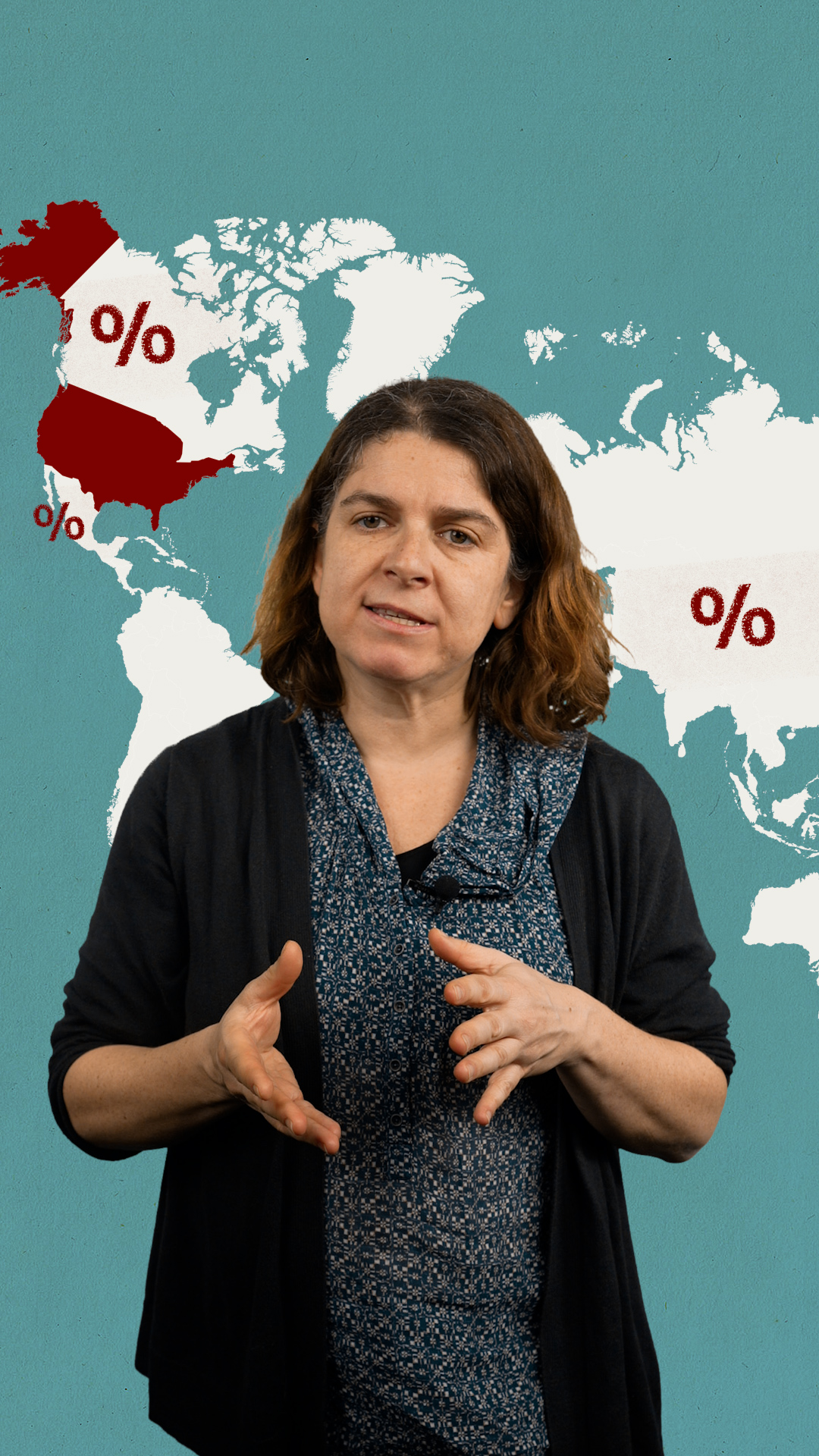
Swiss government reacts with ‘great regret’ to new US tariffs

The Swiss government has taken note of the additional tariffs announced by the United States "with great regret", said the Federal Department of Finance. Switzerland continues to strive for a negotiated solution with the US, said a spokesperson.
+Get the most important news from Switzerland in your inbox
The new tariffs of 39% on Swiss imports announced by US President Donald Trump early Friday morning deviates “significantly” from the draft of a joint declaration of intent, Pascal Hollenstein, head of communications at the finance department wrote in response to an enquiry from the Keystone-SDA news agency. The draft was the result of intensive discussions between Switzerland and the US over the past few months, the spokesperson said.

More
What is a tariff? A quick guide
The Swiss government notes with great regret that the US, despite the progress made in bilateral talks and Switzerland’s “very constructive stance from the outset”, wants to apply the unilateral additional tariffs “to a considerable extent to imports from Switzerland,” Hollenstein added. A 10% tariff on Swiss imports has been in place since April.
Government analysing the new situation
Switzerland remains in contact with the responsible authorities in the US, he said: it is endeavouring to find a solution with the US that is “compatible with both the Swiss legal system and existing obligations”. The government will analyse the new situation and decide on how to proceed.

More
Swiss parties divided on measures in response to new US tariffs
Before the list of new tariffs was published overnight, Swiss President Karin Keller-Sutter announced on X that she had been unable to reach an agreement with Trump in “final talks” before the initial negotiation deadline of August 1 at 6 a.m. Swiss time. For Trump, the trade deficit is the main issue.
Export industry particularly affected
The higher tariffs would burden export-orientated companies and their suppliers. In order to preserve jobs, Switzerland is continuing to rely on short-time-work compensation, said Hollenstein. Industry in particular is feeling the additional customs burden. According to the spokesperson, this includes the Swiss watch industry, manufacturers of machinery and precision instruments, and the Swiss food industry.
+ Trump tariffs could cost Switzerland CHF17.5bn, economist warns
On Thursday, prior to the publication of the new US tariffs, Keller-Sutter told Swiss public television SRF that any higher tariffs would be detrimental to the economy. However, she also said that it would always be possible to negotiate further and that, as a rule, “the last word is never quite spoken”.
Developments in the export industry have been significantly affected by US tariff policy in recent months. In May, exports to North America plummeted by 39.6%, or a further CHF2.3 billion ($2.83 billion). This is the lowest figure since the end of 2020, the Federal Office for Customs and Border Security said in mid-June.
Switzerland hit with one of highest tariffs
The 39% tariffs announced overnight are higher than the tariff rate of 31% initially floated by Trump in April.
Switzerland has thus received the fifth-highest tariffs worldwide, after Brazil (50%), Syria (41%), Laos and Myanmar (40% each). In Europe, it is the highest. The reason for this high percentage is still unclear. The European Union was able to negotiate a tariff rate of 15% in recent weeks.
The tariffs are to come into force on August 7, and not today, as initially announced. This was confirmed by a US government official to the German news agency DPA. When asked why the start date was not this Friday after all, the government official told DPA that they wanted to allow more time to implement the new rules.
What is your opinion? Join the debate:
Translated from German with DeepL/gw
We select the most relevant news for an international audience and use automatic translation tools to translate them into English. A journalist then reviews the translation for clarity and accuracy before publication.
Providing you with automatically translated news gives us the time to write more in-depth articles. The news stories we select have been written and carefully fact-checked by an external editorial team from news agencies such as Bloomberg or Keystone.
If you have any questions about how we work, write to us at english@swissinfo.ch.

In compliance with the JTI standards
More: SWI swissinfo.ch certified by the Journalism Trust Initiative






























You can find an overview of ongoing debates with our journalists here . Please join us!
If you want to start a conversation about a topic raised in this article or want to report factual errors, email us at english@swissinfo.ch.